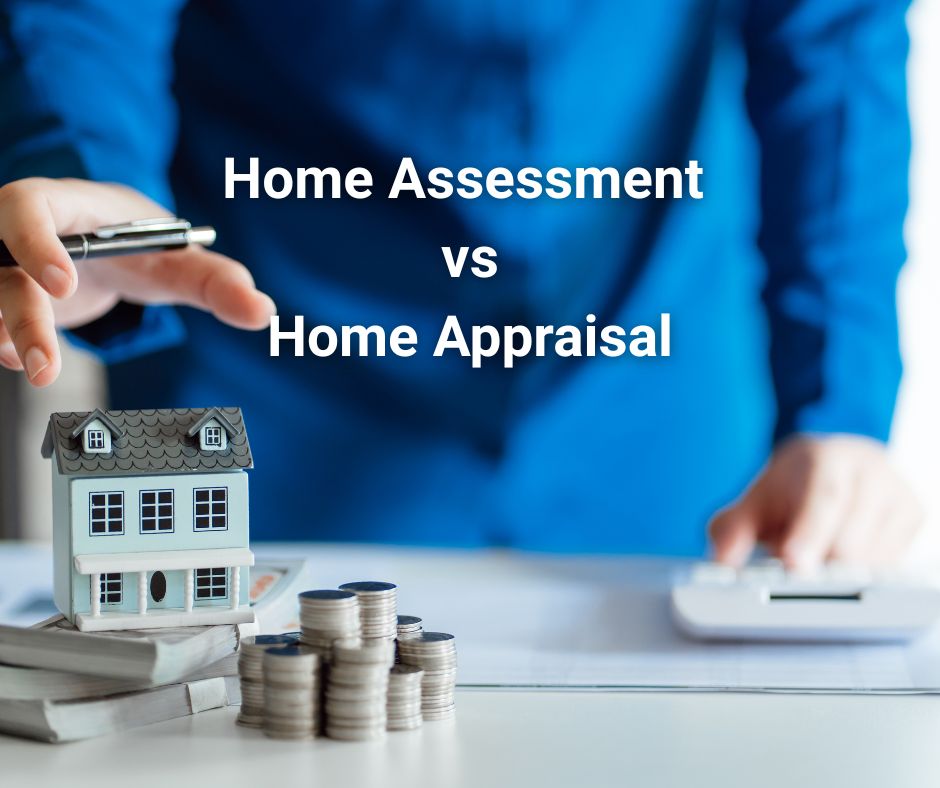
Assessed Value vs. Appraised Value: What Every Homebuyer Should Know
If you’ve been diving into the world of homebuying, you’ve probably run into a ton of new terms—some of them sound similar, but mean very different things.
One that trips up a lot of first-time buyers is assessed value vs. appraised value.
They both put a number on a home, but they’re used for completely different purposes. Let’s break it down.
The Assessed Value – Your Home’s “Tax Number”
The assessed value is the value your local government assigns to your property for tax purposes.
Here’s how it works:
- Your city or county periodically reviews property values in your area (sometimes every year, sometimes every few years).
- They assign your home an assessed value—this may be based on sales data, neighborhood trends, and sometimes a physical inspection.
- Your property taxes are then calculated based on that number (along with the local tax rate).
Important: The assessed value is not meant to reflect the current market price of your home. It could be lower or higher than what you could actually sell for.
Think of it like the number the tax office uses to split the bill—not necessarily the number a buyer would pay.
The Appraised Value – Your Home’s “Market Check”
The appraised value is determined by a licensed appraiser, usually during the homebuying or refinancing process.
Here’s what makes it different:
- It’s based on current market conditions, recent sales of similar homes (comps), the property’s condition, upgrades, and location.
- The lender orders the appraisal to make sure the home is worth at least the amount they’re lending you.
- An appraiser actually visits the home, measures it, takes photos, and documents details before running the numbers.
Why it matters: The appraised value protects both you and the lender. It ensures you’re not overpaying for the property and that the bank isn’t lending more than the home is worth.
Why Both Matter to You
- As a buyer: The appraisal affects whether your loan can move forward without adjustments. If the appraisal comes in low, you might need to renegotiate with the seller or bring extra cash to closing.
- As a homeowner: The assessed value impacts your annual property tax bill. If your assessed value seems too high, you may be able to appeal it to lower your taxes.
- As a seller someday: Understanding the difference can help you set realistic expectations. You might hear a neighbor say their home is “worth” a certain amount because of its assessed value—but that doesn’t always match the market.
Quick Recap
- Assessed Value: Used for taxes. Set by the local government. May not match the market value.
- Appraised Value: Used for lending. Determined by a licensed appraiser. Based on current market data.
Buying a home is full of new terms and processes, but you don’t have to navigate them alone. Our job is to make sure you understand each step so you can make confident decisions—from your first home search to the day you get the keys (and beyond).
If you ever have questions about appraisals, assessments, or anything else in the homebuying process, we are just a call or message away.
